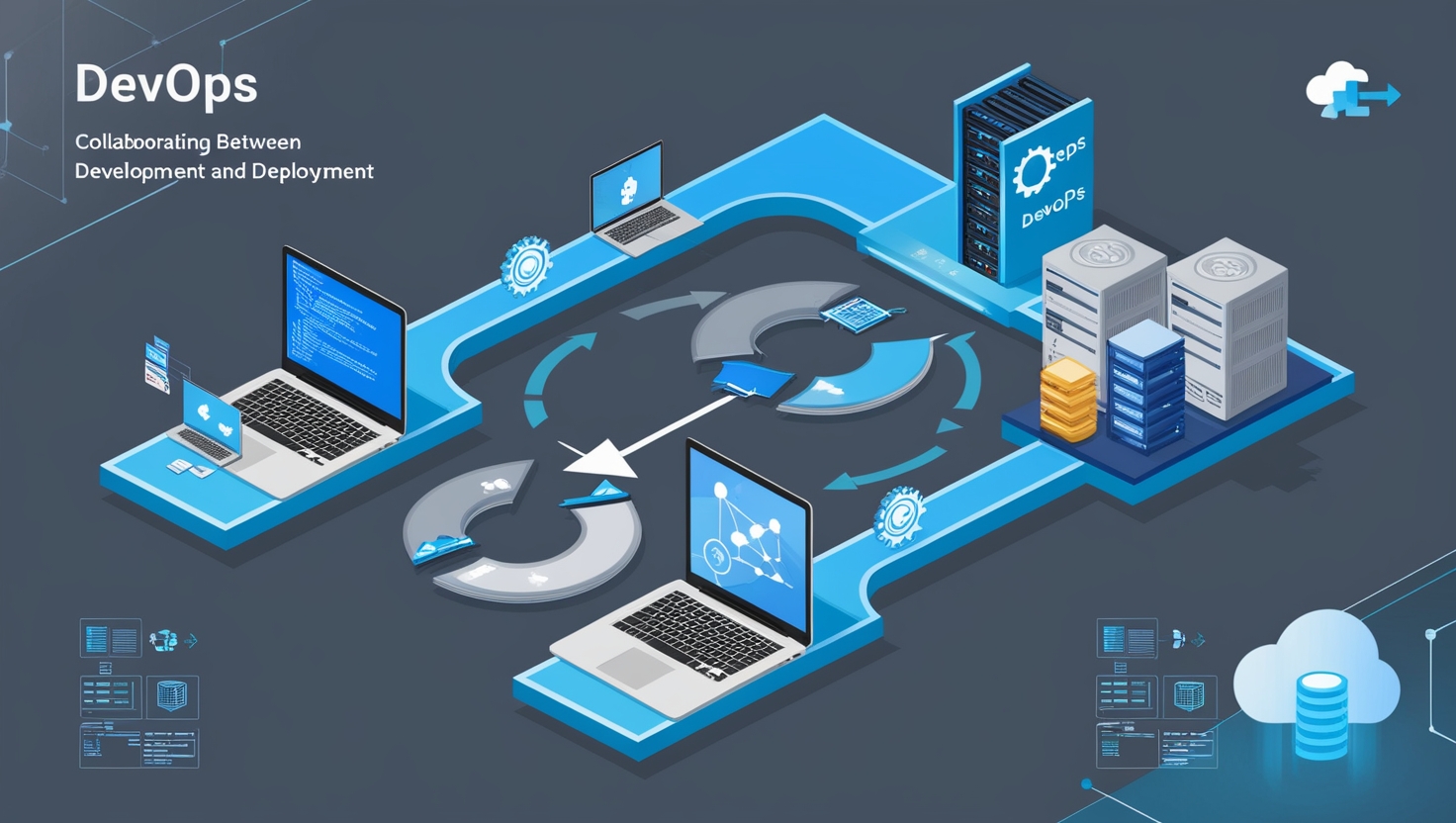In the tech world, the role of a DevOps Engineer has grown significantly, combining development and operations to create a seamless workflow. As organizations move towards faster deployment and enhanced collaboration, DevOps has become indispensable. Here at LearnWithTechExpert, we aim to guide you through this evolving field. In this article, we’ll discuss what it means to be a DevOps Engineer, the responsibilities and tools involved, essential skills, and career growth in this exciting field.
Understanding DevOps Engineering
A DevOps Engineer bridges development and operations, ensuring efficient and reliable deployment of software applications. This role involves multiple tasks, including testing, code management, automation, monitoring, and deployment. A DevOps Engineer can specialize in various areas, such as automation, security, software development, and infrastructure management.
Core Elements of DevOps
- Development and Operations Integration: DevOps combines the practices of developers and IT operations teams. By unifying these roles, DevOps promotes collaborative problem-solving and faster delivery of high-quality software.
- Agile Methodology: DevOps emphasizes the agile model, utilizing frameworks like Scrum and Kanban to enable continuous development and improvement throughout the software lifecycle.
Essential DevOps Tools
Mastering DevOps requires familiarity with a range of tools across categories:
- Operating Systems: Linux, macOS, and Windows provide the foundation for DevOps environments, though Linux is often preferred for its developer-friendly features.
- Version Control: Tools like Git and Mercurial support efficient code versioning and collaboration.
- Automation and Orchestration: Chef, Puppet, and Ansible streamline infrastructure configuration and deployment processes.
- CI/CD Pipelines: Jenkins and Bamboo automate build and deployment processes, ensuring continuous integration and delivery.
- Monitoring and Alerts: Tools such as Nagios and New Relic help track application health, identifying issues before they affect users.
- Containerization: Docker and Kubernetes allow applications to run consistently across different computing environments.
- Logging: Solutions like Splunk, the ELK stack, and Logstash provide valuable insights into system logs, aiding in troubleshooting.
While these tools can be used independently, they integrate exceptionally well with cloud platforms like AWS, Azure, and GCP. For example, Ansible can orchestrate AWS services, making cloud-based DevOps a powerful setup for companies seeking both scalability and efficiency.
Key Responsibilities of a DevOps Engineer
DevOps Engineers can specialize in various roles, each with specific duties:
- Automation Expert: Sets up CI/CD pipelines and automates workflows.
- Security Engineer: Ensures secure deployment practices and continuous monitoring.
- Quality Assurance Engineer: Oversees testing and ensures product quality through automated testing solutions like Selenium.
- Code Release Manager: Manages code releases to production, collaborating with developers and operations for a smooth transition.
- Software Developer: Works on coding tasks and integrates them within the CI/CD pipeline.
Each role requires an understanding of the development lifecycle and close collaboration with other team members, making teamwork and communication essential skills for DevOps Engineers.
Skills Needed for DevOps Engineering
- Technical Skills: Proficiency in operating systems, cloud services, scripting languages, and tools like Git, Jenkins, Docker, and Kubernetes is critical.
- Automation and CI/CD Knowledge: Familiarity with automation tools and the ability to build CI/CD pipelines are key to enabling smooth deployments.
- Security Best Practices: Understanding security tools and practices ensures the integrity of applications and data.
- Problem-Solving and Collaboration: A DevOps Engineer should excel at identifying issues and collaborating with diverse teams to resolve them.
Whether you’re a recent graduate or an experienced IT professional, learning DevOps tools and practices is crucial for success in this field. Experienced systems administrators, in particular, often find their skills easily transferable to DevOps roles.
DevOps Career Path and Salary Insights
A career in DevOps offers significant growth potential and competitive compensation. In the U.S., the average salary for a DevOps Engineer is around $115,000, while in India, it ranges between ₹650,000 to ₹1,250,000, depending on experience and skill level.
Get Started with DevOps Training at LearnWithTechExpert
At LearnWithTechExpert, we provide hands-on training in DevOps, covering essential tools and practices. Our courses are designed to equip you with both theoretical and practical knowledge to succeed as a DevOps Engineer.
- Comprehensive Training: Gain in-depth understanding of DevOps tools and methodologies.
- Flexible Learning: Choose between online and in-person training sessions.
- Real-World Projects: Apply your knowledge through hands-on exercises and real-world scenarios.
To learn more about our DevOps training, visit LearnWithTechExpert and start your journey toward a rewarding career in DevOps!
